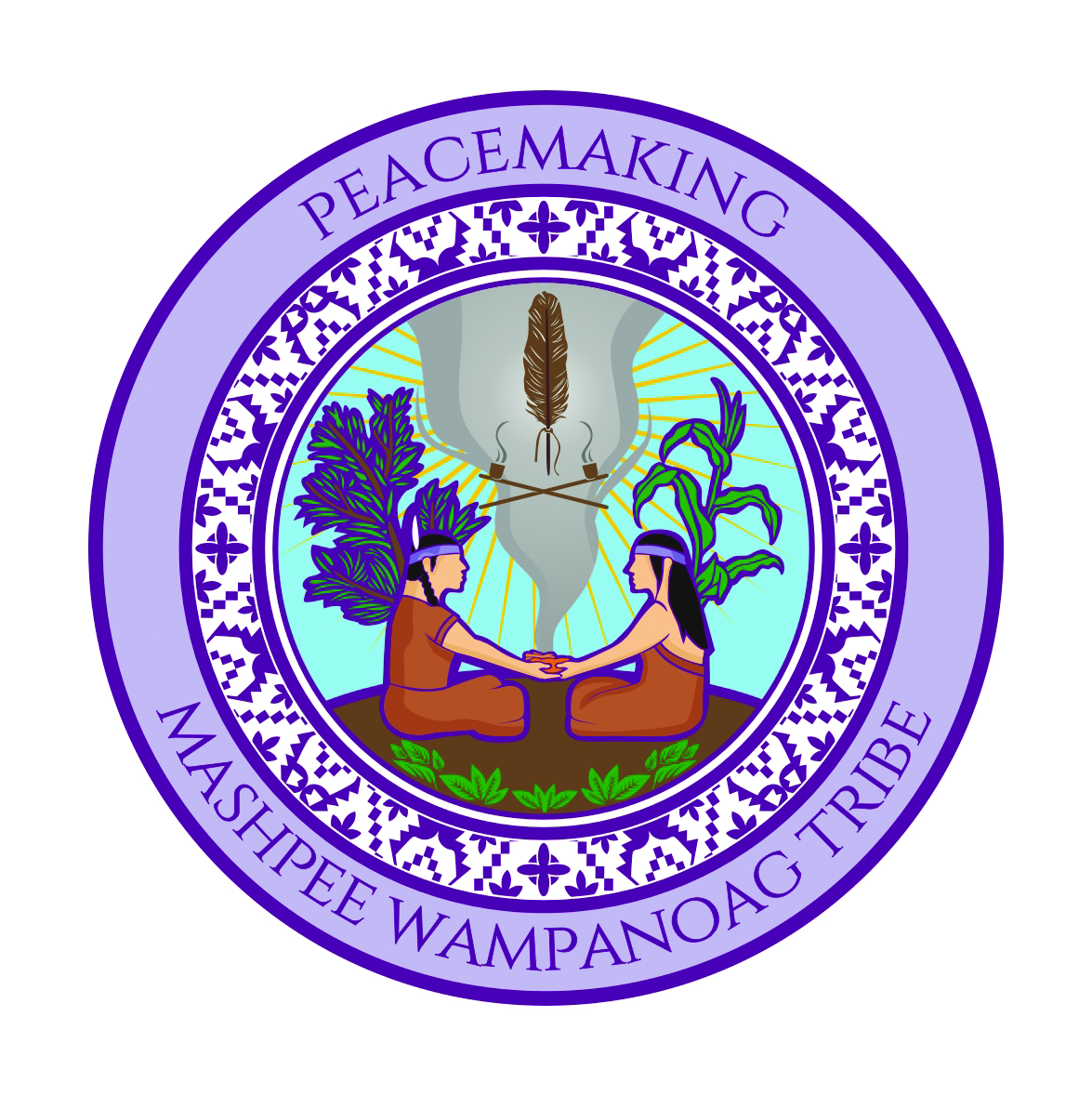Work on the Law and Order Ordinance began about 3 years ago. It started out initially as a simple civil code to handle minor offenses but with Land into Trust came criminal jurisdiction and more responsibility. The Laws created had to encompass Criminal Offenses, Drug Offenses, Domestic and Family Violence, Gaming Offenses, Community Offenses, and Traffic Violations. Fortunately, the Tribe had been award a grant from the Department of Justice in 2015 to develop the Laws needed for a sovereign government. The previous article on Chapter 1, gave us the General Provisions of the Tribal Law and Order Act. The next portion will address the other sections of Chapter 1 that have been summarized for easy reading.
Chapter 1, Section 1 includes Findings which declare separate branches (Legislative and Judicial) of government that exercise the powers vested in them and have no authority over the other branch except as may be granted by the Constitution. Various articles of the Constitution are cited that promote government authority for the Legislative and Judicial Branches of government. It reminds us that cases pending in Tribal Court are handled by the Judiciary and not Tribal Council. It informs us that the Tribe intends to exercise criminal jurisdiction over its Tribal citizens and others on and outside of tribal lands to the fullest extent recognized by federal law. Section 1.2 cites the Authority which is found in various articles of the Constitution and Purpose which points out the powers vested by the constitution on behalf of our sovereign nation which includes exercising self-determination, maintaining safety and peace within and outside of Tribal Lands, and enforcement of the Laws by Tribal Police. Section 1.3 contains definitions to provide clarity to the Laws. Section 1.4 cites the list of criminal and civil offenses that do not affect any right or liability to damages, penalty, forfeiture, or other remedy authorized by law to be received. Civil injuries are not merged into the criminal offenses. Section 1.5 states that No conduct constitutes an offense unless so declared by this Ordinance or other Tribal law. Section 1.6 addresses “no waiver of sovereign Immunity”. Section 1.7 states that parts of ordinances or ordinances inconsistent with the Tribal Law and Order Ordinance are repealed. Section 1.8 states that if any portion of the Ordinance is invalid or unconstitutional only that part will be separate and will not affect the validity of the remaining portions of the Ordinance. Section 1.9 declares the effective date which is after its passage and publication. The next article will deal with Chapter 2, Criminal Offenses.




